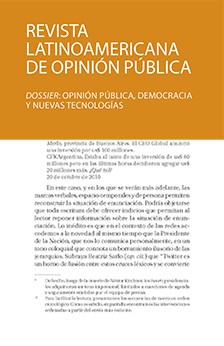Este artigo analisa uma experiência digital específica à luz da teoria deliberacionista de democracia. Ele está estruturado em três partes. Inicialmente, apresentam-se dados descritivos sobre a iniciativa investigada, qual seja, o Votenaweb. Trata-se de uma plataforma digital desenvolvida com o intuito de reduzir o hiato entre cidadãos e representantes políticos. Ela oferece oportunidades para que cidadãos expressem suas visões em relação a todos os projetos de lei apresentados no Congresso Nacional do Brasil. O artigo se move, então, para a análise empírica de três fóruns da iniciativa. Adota-se uma matriz analítica constituída por cinco categorias: inclusividade, provimento de razões, reciprocidade, respeito mútuo e orientação para o bem comum. A análise mostra marcas significativas de provimento de razões, respeito e orientação para o bem comum. Ela também revela problemas relacionados a inclusividade e à reciprocidade. Por fim, o artigo argumenta que micro-análises deliberativas não são inteiramente capazes de ler fenômenos empíricos pelas lentes da abordagem. Sugere-se que uma análise mais ampla deve prestar atenção ao papel da informação em processos deliberativos e ao cruzamento de diversas esferas discursivas. A conclusão apresenta algumas sugestões relacionadas ao desenho de iniciativas digitais.












